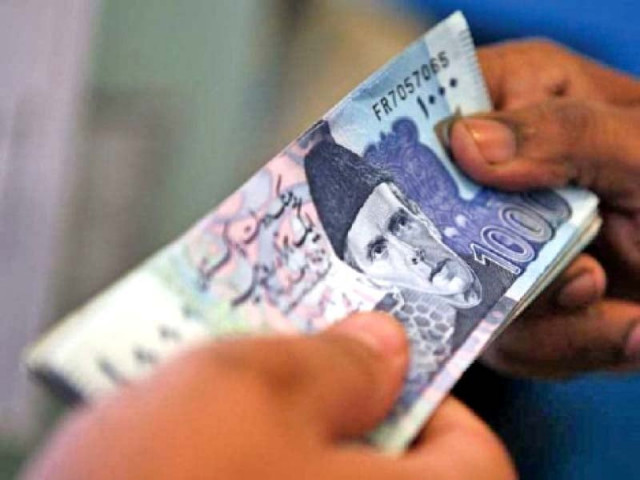The economic indicators have apparently been improving. Pakistan recorded its first quarterly current account surplus of $792 million in the first quarter of the fiscal year 2021. Giving it context, Pakistan’s current account was in a deficit of $1.49 billion for the same period last year. The country has also received record remittances of $7.1 billion during the first quarter (FY2021) plus foreign exchange reserves have also improved to a three-year high to cross $13 billion.
“Can I eat these numbers,” asks Naveed Ahmed, who used to run a school in a humble neighbourhood of Karachi.The school was struggling even before the coronavirus pandemic as the country was also struggling economically. The pandemic proved to be the last nail in the coffin for it. Father of two, Naveed, has been unemployed for nearly a year and blames the government for the misfortunes of his family.
“You need to see things on the ground. You need to talk to the people. Electricity is getting expensive as are all kinds of vegetables and pulses. These economic fundamentals mean nothing to us, the poor people,” he said.
Naveed is not an exception. He represents a huge portion of the population that is going through some of the toughest financial times in the country’s history as Pakistan has witnessed its first economic contraction in 68 years. Experts say this contraction is not only due to the pandemic.
There are issues with Pakistan's economy and how it is managed. The rich are getting richer while the poor, poorer. The divide is such that automobile companies are launching and selling SUVs one after another while the only other form of vehicle sales doing well are low-end Chinese motorcycles, the cheapest mode mode of transport in the country. It shows that a major chunk of the population can only afford Rs50,000 motorcycles while there’s another segment that can afford cars worth Rs9 million.
The government does indeed play some part in facilitating this divide. It has given subsidies to big industries such as sugar, while it should have been doing something concrete for the underprivileged segment.
One of the most important parts of the economy, the collection of taxes is also rotten to the core. When the government must be taxing those who have been earning more, it takes the easy way out by taxing the essentials such as food items and other groceries. Sometimes huge portions of certain industries are completely overlooked.
For instance, Pakistan’s tobacco industry is marred with illegal trade of cigarettes. According to an estimate, the illegal trade of cigarettes have reached 50% of the total industry. They pay negligible taxes. The illegal cigarette manufactures don’t only evade taxes but also sell low-quality cigarettes in the market, which are even more dangerous for people’s health. Apart from not following health guidelines, they also don’t follow marketing guidelines that the government authorities have set for the industry.
Moreover, the existence of such industries in the country also raises the eyebrows of international monitoring agencies such as the Financial Action Task Force (FATF). Pakistan has already been struggling to get itself off FATF’s grey list.The government needs to closely scrutinise industries such as tobacco as these issues snowball into a larger crisis, which the country has been witnessing more of in recent times. It needs to restrict money accumulating in a few pockets.
Illegal manufacturing and trade of goods distorts the economy and the consequences are felt by those in the country while it also gives the country a bad name internationally. Such illegal businesses can also serve as money laundering fronts and can also be behind terror financing.
According to reports, the illegal tobacco business is depriving the exchequer of Rs50 billion every year. This is just an estimate of evasion of taxes, not the size of overall illegal trade, which would certainly be multiple times bigger than the amount of taxes that are supposed to be paid against it.
Imagine if the industry was properly taxed and the money collected and spent wisely then there certainly would be less people like Naveed that struggle financially.



COMMENTS
Comments are moderated and generally will be posted if they are on-topic and not abusive.
For more information, please see our Comments FAQ